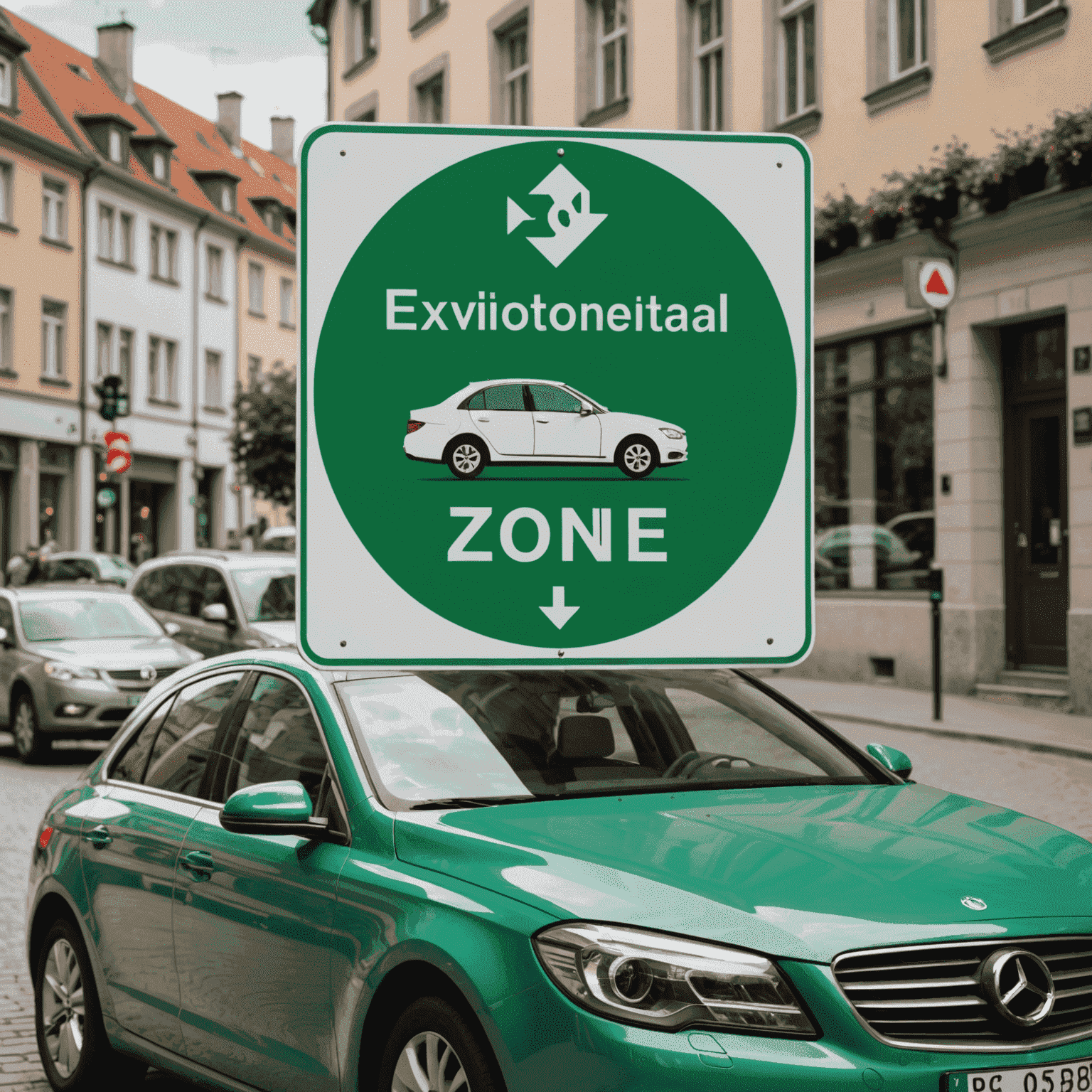Vehicle Registration in Germany
Registering your vehicle in Germany is an essential step for all car owners. This guide will walk you through the process and help you obtain the necessary documentation.
Steps to Register Your Vehicle
-
Gather Required Documents
Before starting the registration process, make sure you have:
- Valid identification (Personalausweis or passport)
- Proof of address (Meldebescheinigung)
- Vehicle documents (Fahrzeugbrief and Fahrzeugschein)
- Proof of insurance (eVB-Nummer)
- Proof of passing the vehicle inspection (TÜV certificate)
-
Visit the Local Vehicle Registration Office
Locate your nearest Kfz-Zulassungsstelle (vehicle registration office) and schedule an appointment if required.
-
Complete the Registration Form
Fill out the vehicle registration form (Zulassungsantrag) at the office or download it in advance from their website.
-
Pay the Registration Fees
Be prepared to pay the registration fees, which can vary depending on your location and vehicle type.
-
Receive Your Registration Documents
Upon successful registration, you'll receive:
- Fahrzeugschein (vehicle registration certificate)
- License plates
-
Attach the License Plates
Securely attach the new license plates to your vehicle before driving on public roads.
Important Considerations
Environmental Zones (Umweltzonen)
Many German cities have environmental zones that require vehicles to display an emissions sticker (Umweltplakette). Ensure your vehicle meets the necessary emissions standards and obtain the appropriate sticker.

Vehicle Tax (Kfz-Steuer)
After registration, you'll be required to pay an annual vehicle tax. The amount depends on factors such as engine size, fuel type, and CO2 emissions.
Registering as a Foreign Resident
If you're a foreign resident in Germany, you may need to provide additional documentation:
- Residence permit
- Translated and certified copies of foreign vehicle documents
- Customs clearance certificate (for vehicles imported from outside the EU)
Remember!
Driving on German roads, especially the Autobahn, requires adherence to specific rules and regulations. Ensure your vehicle is properly registered and compliant with all German road regulations to enjoy a safe and legal driving experience.
Vignette System and Road Infrastructure
While registering your vehicle, it's important to understand Germany's vignette system and its role in maintaining the country's excellent road infrastructure:
- The vignette system helps fund the maintenance and expansion of Germany's world-class highway network.
- Vignettes are required for driving on certain highways and are available for purchase online or at service stations.
- By participating in the vignette system, you contribute to the sustainability and quality of German roads.

By following these steps and understanding the importance of proper vehicle registration and the vignette system, you'll be well-prepared to navigate Germany's roads safely and legally.